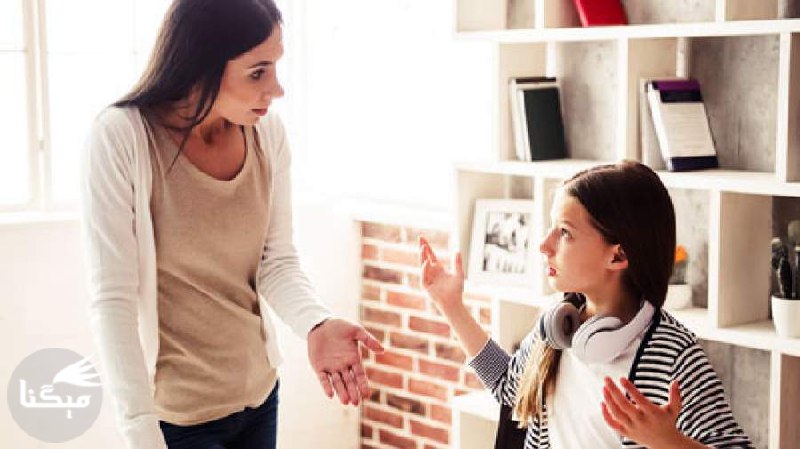How to stay under the same roof with teenagers in the corona situation?
The outbreak of Covid-19 in the past year caused many teenagers to face restrictions that included feelings of anger, boredom, anger and even depression. Such reactions were very natural because many of them were waiting for the start of the holidays to go on vacations, sports, travel and other recreational activities with their friends, or they wanted to end their long academic years by spending events like graduation parties. Some people in this age group also lost their summer jobs and as a result financial resources and many other things.
At this time, many parents did not have any solutions to deal with the disappointments caused by postponing work, being confined at home and being forced to spend more time at home and with the family. Others, in an effort to improve their children’s mental conditions, tried alternative solutions, which, although they had good intentions, were not always successful.
For this reason, many specialists and experts active in the field of psychology of children and adolescents tried to provide some very simple solutions to solve the problems caused by quarantine, because this forced action played a significant role in creating a great feeling of sadness for them. The provided solutions can be effective not only during the quarantine period, but also after that and in situations where it may be necessary for teenagers to stay at home for a long time.
Targeting the hours at home
Useful use of social networks
Specify goals and boundaries
Control of mental health
It is very important to praise their correct behavior, especially the behavior that is effective in protecting their health and well-being and that of others. Parents know their children better than anyone, so if they come across any suspicious and unpleasant things about them, they should follow it up. For example, it is necessary to observe behaviors such as changes in sleep (sleeping too much or not), changes in eating habits (overeating or undereating). ), symptoms of self-harm, substance abuse, complaints of body pains that are not caused by physical problems, isolation more than usual, not participating in activities that usually make them happy, and such cases must be discussed with mental health professionals. Children and teenagers share.
https://www.migna.ir/news/52775/preview/
This post is written by Mohamad_61
